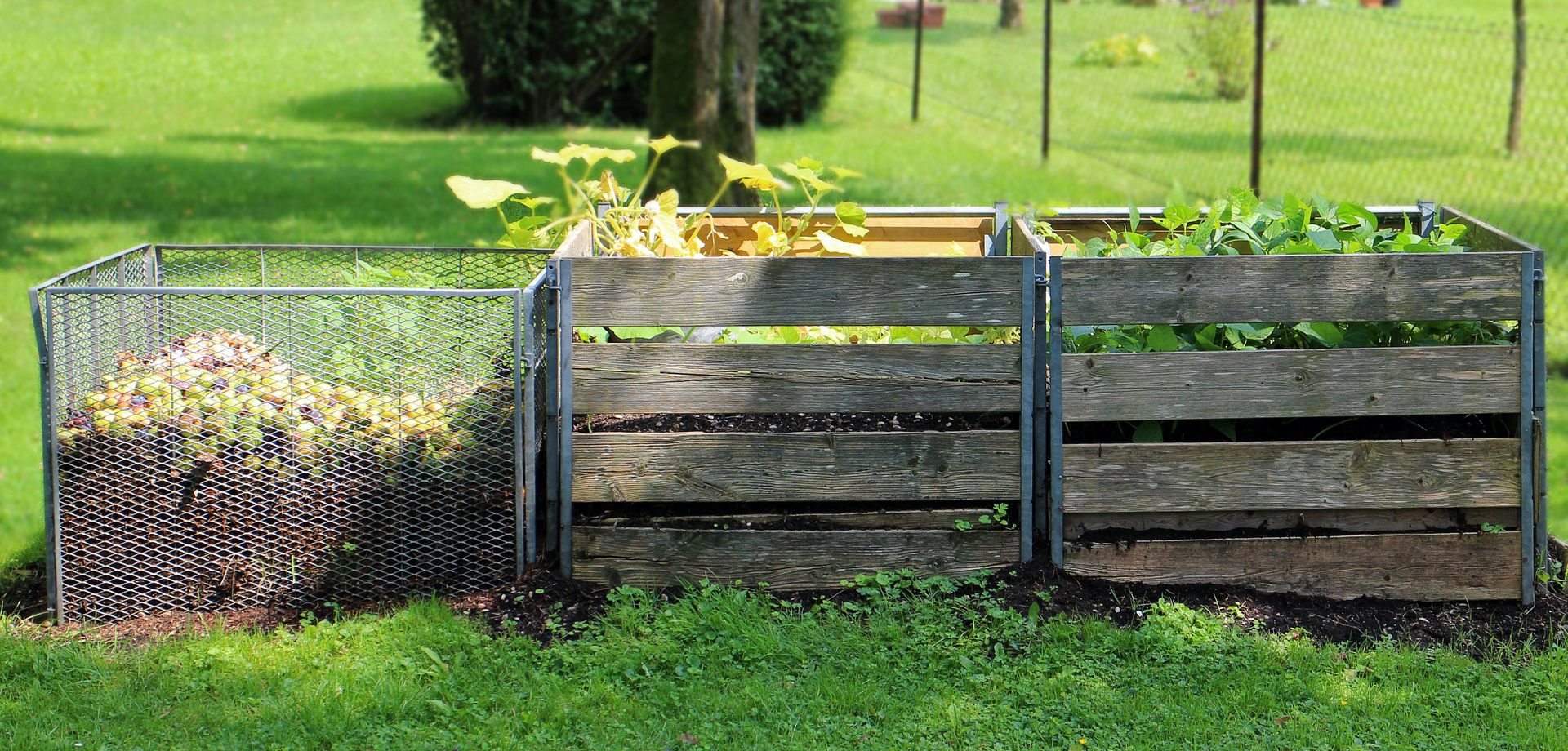by Steve Whitman
Plymouth, NH
Each April we turn our attention to sustainable practices as the spring weather arrives, our yards and community turn green, and Earth Day approaches. These events serve as a reminder of the beauty and fragile condition of the Earth. Reflecting on how to live lighter on the planet and reduce our ecological footprint during this time is admirable and worthwhile. For many of us, it continues throughout the year, and hopefully throughout our lives. However, the emphasis tends to be on how to reduce the negative aspects of our lives, striving to do less bad rather than working to increase the positive aspects of our environmental footprint.
I think we need to do both, and it can start with one small action that excites you and motivates you to change your behavior. After all, most of what we are talking about under the topic of sustainability is awareness and behavior change. There are many reasons to take action, for some it is an effort to reduce carbon emissions that gets them to walk or bike to work. For others, it is moving away from plastic that gets them to reconsider their current use of shopping bags or new opportunities for bulk purchasing. The beauty of taking these actions is that there is no playbook or required sequence, and all of these actions reduce our demand on the earth’s natural systems. Plus, there are rewards! Saving money, enjoying time outdoors, connecting with other people, and other benefits can be realized as we work to reduce our negative impacts on the planet.
The same can be true of efforts to make positive impacts on the planet. Converting a portion of your lawn to a habitat and food producing system, starting a sustainability initiative in your community, or assisting with outreach and education on important topics all leave a positive environmental footprint that we all benefit from.
As we take on these personal challenges it is important to start with small and simple solutions. In doing so many of us have found that this is an empowering and transformative process that encourages us to consider bigger and bolder changes over time. As an example, on our property, we started by constructing a four foot by eight foot raised bed for growing vegetables. Then we added a compost bin. Years later these steps were transformed to extensive garden areas and a greenhouse that provides year-round food production, habitat, pollination, carbon sequestration, air, and water filtering, and many other important ecosystem services. The end result for this small project is tremendous positive impact as we regenerate natural systems on our small residential lot while also reducing some of the negative aspects of our ecological footprint.
Looking to the future I know I still have more changes to adopt in my life, and I hope to do so alongside all of you as we support and inspire each other. As we do let’s be sure to enjoy the journey and avoid becoming martyrs to the cause. If we do others will take notice and want to join in on this adventure of sustainable living!
“Steve Whitman is the Founder and Principal of Resilience Planning & Design, a community planning and ecological design firm located in Plymouth, NH. Steve is also a certified permaculture designer and teacher, a part-time faculty member at Plymouth State University, and an alternate on the Town of Plymouth Planning Board.”



Thanks, Steve. I’m disappointed that the NH Senate is killing our plastic bag and straws bills, but at least we got the message out on a local level. Those two bills got a fair amount of press. . .